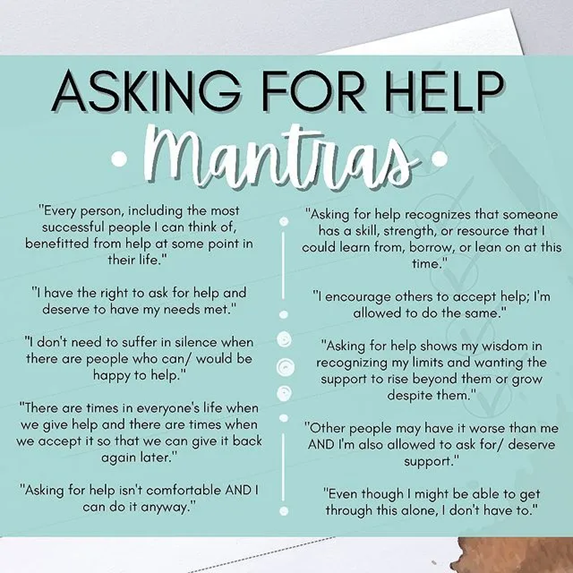Impact of Sexual and Domestic Violence on Substance Abuse and Addiction
Edited by:Kelly Doran
Updated Feb 2, 2023
How Does Sexual Abuse and Domestic Violence Impact on Substance Abuse?
People who have experienced sexual abuse and/or domestic violence may suffer from depression, anxiety, post-traumatic stress disorder (PTSD), anger or suicidal ideations as a result.2
Ninety-four percent of women who have been raped experience symptoms of PTSD in the 2 weeks after the incident, while 30% still experience symptoms of PTSD 9 months post-incident.4
Some sexual and domestic abuse survivors may begin to use or increase their use of drugs and alcohol as a way of escaping feelings and memories associated with abuse.2,5 People who have experienced sexual assault are 6 times more likely to use cocaine and 10 times more likely to use other major drugs than those who haven’t been assaulted.4
Addiction, Sexual Abuse and Domestic Abuse
Unfortunately, the repeated and compulsive use of drugs and/or alcohol can lead to addiction, also known as a substance use disorder.8 While addiction is a chronic disease of the brain, it is also treatable.
Symptoms of Alcohol and Drug Addiction
The Diagnostic and Statistical Manual of Mental Disorders (DSM-5) categorizes SUDs with specific diagnostic criteria, and how a SUD presents in a person will vary. Diagnosis of a substance use disorder is best done by a medical professional, but the following criteria may help you identify a potential SUD in yourself or others. If you or a loved one has experienced 2 or more of these criteria in a 12-month period, you may need to seek help for a substance use disorder:6,9
- Uncontrolled substance use
- A need to increase the dose to achieve the same effect
- Withdrawal symptoms after not taking a dose
- Participation in dangerous activities while under the influence (e.g. drunk driving)
- Preoccupation with getting and using a substance
- Continued use of drugs or alcohol despite the negative impacts on one’s life
- Negligence of responsibilities at home, school or work
- Legal or financial trouble related to the addiction (e.g. DUI tickets)
- Problems in relationships because of substance use
- Attempts to hide the signs of drug or alcohol use
- Changes in appetite and appearance
- A sudden gain or loss of weight
- Unexplained and sudden mood changes or disorder
- Tremors, slurred speech or bloodshot eyes
People struggling with drug or alcohol addiction should seek help as soon as possible. If domestic abuse or sexual violence has occurred, participating in an alcohol or drug treatment program at an addiction and domestic violence recovery program or sexual abuse rehab may help a person recover.
Tips for Choosing Substance Abuse and Domestic Violence Treatment Centers
Domestic violence and sexual abuse are sensitive subjects for many. Survivors often feel guilt or shame and may be reluctant to get treatment as it might bring back painful memories or triggers.5
Finding a substance abuse rehabilitation facility that specializes in recovering from domestic violence or has specific programs to treat people who have experienced sexual violence, may help a person feel more comfortable and lead to better treatment outcomes.
You may be wondering, ‘where can I find domestic abuse treatment centers near me?’ When looking at types of treatment programs for sexual abuse, domestic violence and drug and alcohol abuse, the most important aspect is that treatment is tailored to meet the individual’s needs. Additionally, you may want to ask the following questions:7
- Do they address co-occurring mental health conditions?
- Do they offer detox?
- Do they treat special populations such as men, women, couples, LGBTQ+ etc.?
- What is the cost, do they accept insurance and do they offer payment plans?
- Where is it located?
- Do they offer other amenities?
- Do they offer medication?
- Does the facility and staff hold accreditations or certifications?
- Do they help with aftercare planning?




Comments
Post a Comment